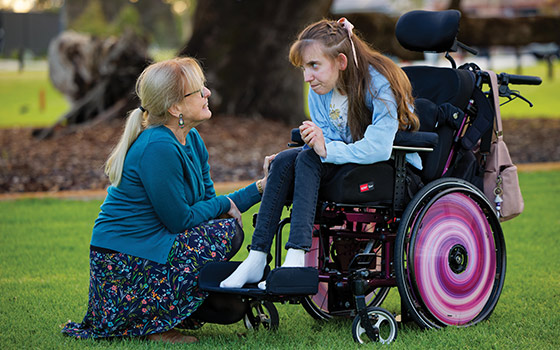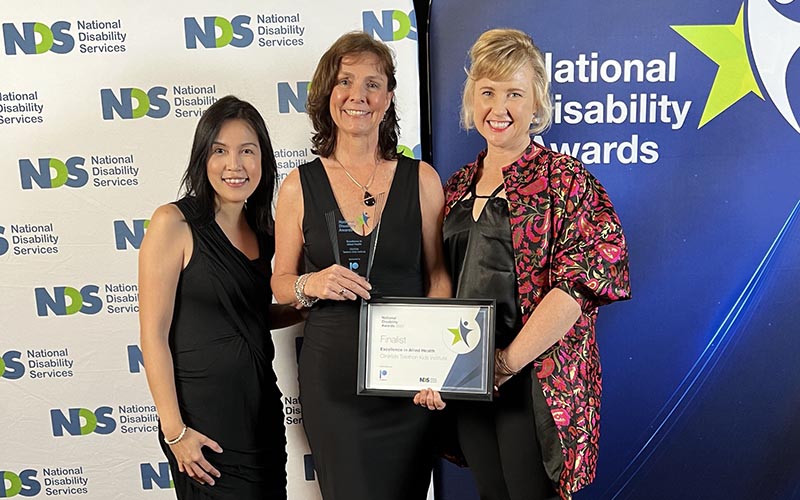Search
Research
Fetal Testosterone, Socio-Emotional Engagement and Language DevelopmentThe present study investigated the relations among fetal testosterone, child socio-emotional engagement and language development...
Research
No association between early gastrointestinal problems and autistic-like traits in the general populationNo association between early gastrointestinal problems and autistic-like traits in the general population, determine whether gastrointestinal problems, early...
Research
Prenatal maternal stress associated with ADHD and autistic traits in early childhoodResearch suggests that offspring of mothers who experience high levels of stress during pregnancy are more likely to have problems in neurobehavioral...
Research
Maternal life events during pregnancy and offspring language ability in middle childhoodThere is accumulating evidence for a link between maternal stress during pregnancy and later behavioural and emotional problems in children.
Research
Cell phone use by adolescents with Asperger SyndromeWhile young people have generally been at the forefront of the adoption and use of new communications technologies, little is known of uses by exceptional youth
Research
The broader language phenotype of Autism: A comparison with Specific Language ImpairmentSome individuals with autism spectrum disorders (ASD) experience linguistic difficulties similar to those found in individuals with specific language...

The Quality of Life Inventory - Disability



News & Events
The Kids Research Institute Australia’s CliniKids wins national disability awardCliniKids has won the Excellence in Allied Health category at the inaugural National Disability Awards, announced in Melbourne tonight.
